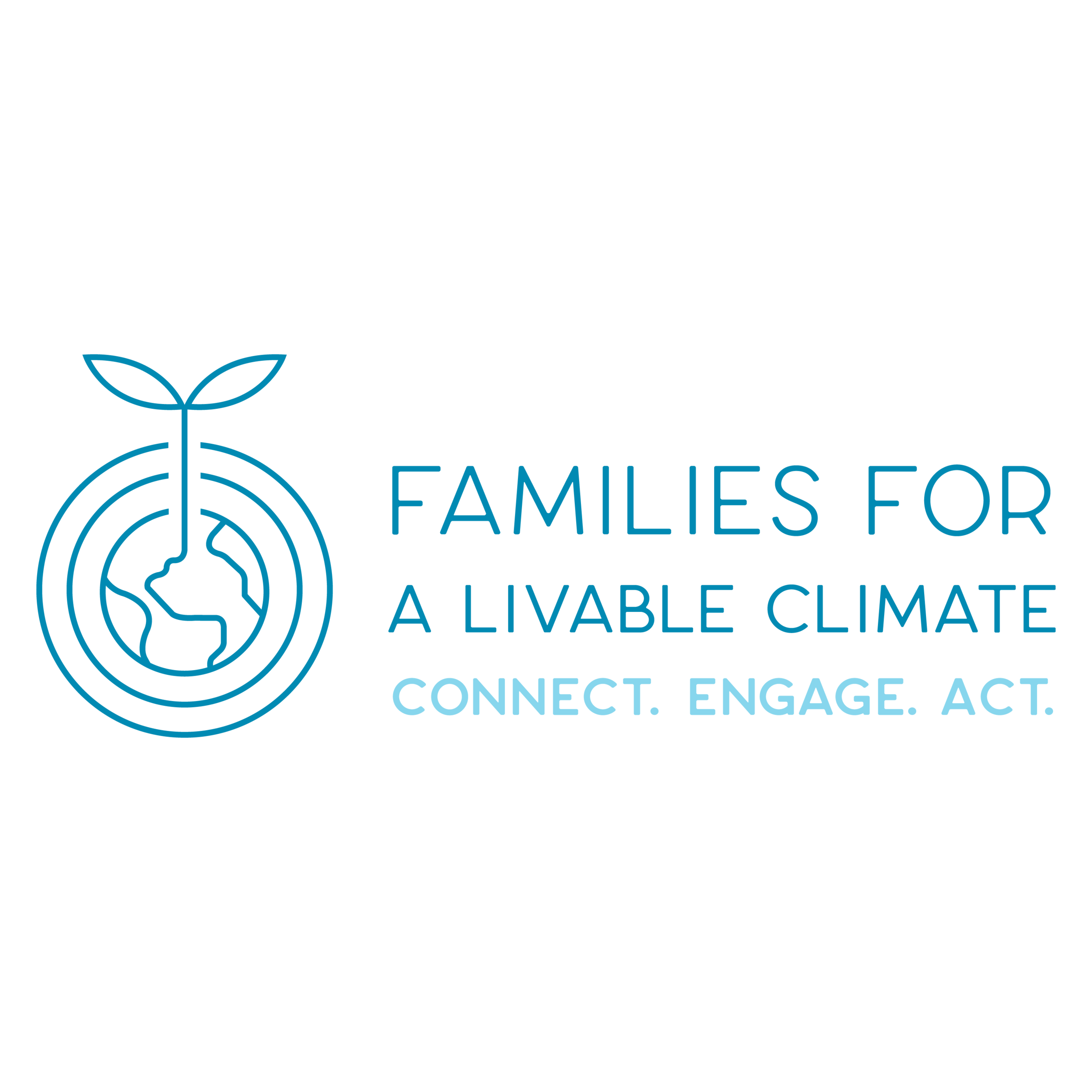As we rekindle our commitment to a brighter future and share our 2021 Climate Resolutions (you can still share yours!), we understand that systems change must be at the top of the list. While there are a million lists on the internet for reducing your carbon footprint (definitely part of systems change, though sometimes it feels like victim blaming), we urgently need to build momentum for strong climate action in Montana and beyond. Here's our first take on a list of actions to help generate connection, action, and momentum.
Read MoreIn his final days in office, Governor Bullock holds immense power over the future of Montana and our children. His administration could deny the 401 water crossing permit for the Keystone XL pipeline.
Read MoreWhen I read articles about "efficiency" in agriculture, I often hear arguments such as: how many gallons of water per pound of beef produced, or greenhouse gas emissions per pound, or other measurements like that. They compare those numbers of ranching "efficiency" to gallons or emissions per lb of vegetables, or compare feedlot beef to grassfed beef, etc. By this logic, feedlot beef may be more "efficient" than grass finished beef because grain finished beef finishes sooner, at 18 months, rather than older, at 24-30 months, there may actually be less methane emissions from the rumen for example per lb of meat produced. It is this same logic that makes “lab grown meat” look better. You need less water to grow beef in a petri dish than to feed a living breathing animal per lb of meat produced.
Read MoreWe are so grateful.
Since our efforts ramped up in September of last year, we have connected with more than 500 Montana families, other organizations, and community groups. It’s been a big year with big challenges for everyone and we appreciate the support and partnerships for what’s been accomplished so far. We have more to do. Check out our online “annual report” and see photos from the past year of actions and events!
Read MoreThe state of Montana and its Department of Environmental Quality agency have opted to host a separate public hearing on TransCanada’s water permits for KXL, on Monday, Nov. 16, 4:00-8:00 p.m. This post includes details on registering (required) for this event and also how to submit written comment by November 30.
Read MoreOn September 25, Families for a Livable Climate stood in solidarity with families across the country who are suffering the devastating effects of wildfire and hurricanes, and in solidarity with the Fridays for Future Global Day of Action. We created a shoe strike, handed out copies of The Changing Times, and a pledge to act for in-person participants to take with them, and use to get involved. I was lifted by the symbolism and solidarity, and also I questioned it: Was this worth our time? Do climate demonstrations even matter?
Read More“Decarbonize Your Transportation” was the second panel in the “Systems Change Series,” put on by Families for a Livable Climate and co-sponsored by Climate Smart Missoula. The panel is composed of informed and inspiring individuals working on a broad range of goals to reduce carbon emissions in our transportation systems and support individuals making choices to reduce their own footprint. Read on for a short synopsis on the various modes of transportation discussed on the panel, and please watch the entire recording
Read MoreGuest post by Mary Mulcaire-Jones
“Something big is starting to shift,” said Bill McKibben. “After years of effort from activists, there are signs that the world’s financial community is finally rousing itself in the fight against global warming.” McKibben, the founder of 350.org, shared this piece of good news in a New York Times opinion piece a couple of years ago. In light of this trend, he advised, “It would be wise to follow the dollar to see where the future of energy is headed globally.”
Read More








